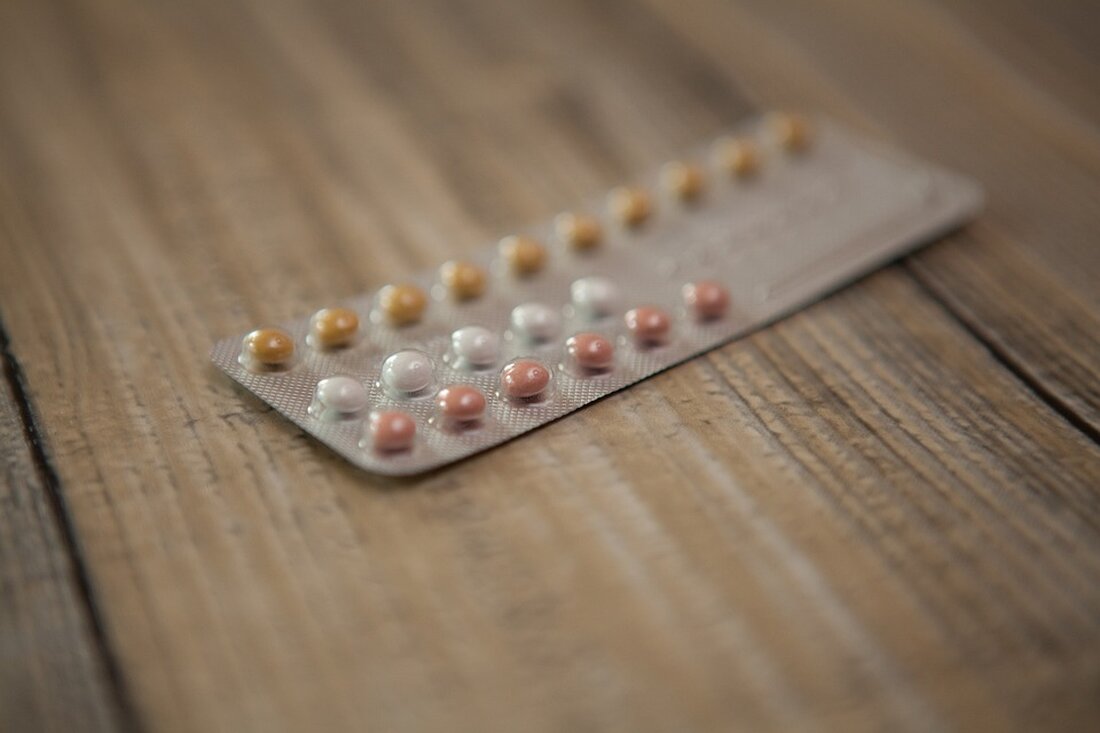Bioidentical hormones: benefits and risks
Bioidentical hormones: benefits and risks Bioidentical hormones are a controversial topic in the field of hormone therapy. They are often viewed as a more natural alternative to synthetic hormones. In this article, we'll take an in-depth look at the potential benefits and risks of bioidentical hormones. What are bioidentical hormones? Bioidentical hormones, also known as nature-identical or bio-similar hormones, are hormonal substances that are structurally and functionally identical to the body's own hormones. In contrast, synthetically produced oral contraceptives or other hormonal medications often have a similar effect to the body's own hormones, but differ in their molecular structure. Examples of bioidentical hormones: 1. ...

Bioidentical hormones: benefits and risks
Bioidentical hormones: benefits and risks
Bioidentical hormones are a controversial topic in the field of hormone therapy. They are often viewed as a more natural alternative to synthetic hormones. In this article, we'll take an in-depth look at the potential benefits and risks of bioidentical hormones.
What are bioidentical hormones?
Bioidentical hormones, also known as nature-identical or bio-similar hormones, are hormonal substances that are structurally and functionally identical to the body's own hormones. In contrast, synthetically produced oral contraceptives or other hormonal medications often have a similar effect to the body's own hormones, but differ in their molecular structure.
Examples of bioidentical hormones:
1. Estrogen: Estradiol (E2), Estriol (E3)
2. Progesterone
3. Testosterone
Bioidentical formulations can be available in various dosage forms, including creams, gels, syringes or capsules.
Benefits of bioidentical hormones
The use of bioidentical testicles can offer several advantages:
1. More natural composition:
Since biologically identical estrogen and progesterone are derived from plant extracts such as wild yam roots, it is argued that they have the same molecular structure as the hormones produced in the human body. Some people prefer this more natural composition to using synthetic or conjugated estrogens.
2. Symptom relief:
Bioidentical hormone therapy can help relieve various hormonal symptoms, such as hot flashes, night sweats, vaginal dryness, and mood swings during menopause in women.
Risks of bioidentical hormones
Despite their potential benefits, there are also some risks associated with bioidentical hormones:
1. Individual Variations:
The response to bioidentical hormones can vary from person to person. This is because individual bioavailability and absorption patterns may vary in each organism.
2. Unpredictable Side Effects:
Like all medical interventions, bioidentical hormones can cause side effects. These include breast tenderness, nausea, fatigue and mood changes.
Frequently Asked Questions (FAQ)
Here are some FAQs on this topic:
Ask:What options are there for administering bioidentical hormones?
Answer:Bioidentical hormones can be administered via various methods, including applying creams or gels to the skin, using injections, or taking capsules.
Ask:Are bioidentical hormonal therapies only suitable for women?
Answer:Bioidentical hormones can be used in both women and men, depending on the hormonal imbalances or symptoms being treated.
Ask:How do I find out if bioidentical hormones are right for me?
Answer:It is important to speak with a qualified healthcare professional and discuss your specific needs and potential risks. A comprehensive medical history and examination can help determine whether bioidentical hormones are right for you.
Conclusion
Bioidentical hormones offer potential benefits in terms of their more natural composition and relief from hormonal symptoms. However, there are also individual variations in the response to these hormones as well as the risk of unpredictable side effects. It is important that individuals work with a qualified healthcare professional to discuss their individual needs and make an informed decision about using bioidentical hormones.
External sources:
- Mayo Clinic – Bioidentical hormones: Are they safer?
- Harvard Health Publishing – Bioidentical hormones: Help or hype?

 Suche
Suche
 Mein Konto
Mein Konto
